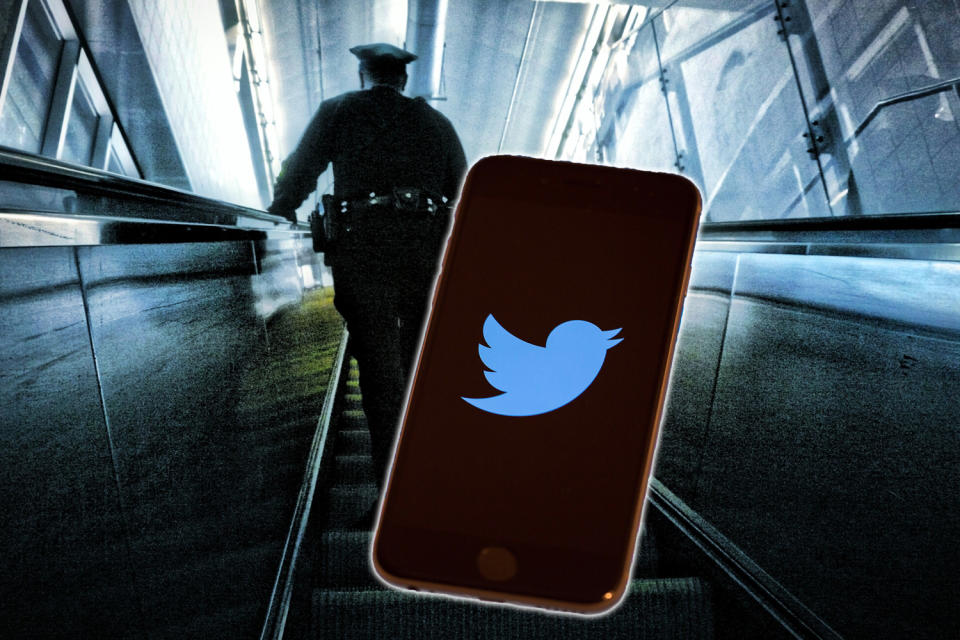Police use Twitter to tell domestic violence victim she is not alone

When police officers in Scotland heard reports of a possible domestic-abuse situation in their district, they had to evaluate their options carefully. If they intervened directly, they likely risked putting the woman in harm’s way, since they wouldn’t be able to arrest her abusive partner on a hunch and the abuser could retaliate when they left. So they got crafty and used social media to send her a message, instead.
Once the officers realized the woman followed them on Twitter, they sent a series of tweets out to let her know they were there, and ready, to help her.
“A letter to a young woman in #Skye. We know you follow this account and want you to see this. We’ve told you previously that we think you are at risk of domestic abuse from your partner,” officers wrote from the Lochaber and Skye department Twitter account.
“We want to help you and are doing lots with other agencies to try to keep you safe,” the tweets went on. “You might not see us, you might not even like us being involved but we are always thinking about how we can help you.”
The tweets also mentioned that her family and friends had her back and linked to a local domestic violence center, Scottish Women’s Aid.
A letter to a young woman in #Skye.
We know you follow this account and want you to see this.
We’ve told you previously that we think you are at risk of domestic abuse from your
partner.— Lochaber&SkyePolice (@LochabSkyePol) November 18, 2017
One in three women worldwide has experienced some form of physical violence, most of which involves a partner. But less than 40 percent of the women who experience violence seek help of any sort. Those who do turn to family and friends — and only 10 percent will go to the police for help.
According to a 1998 study, women who had been battered didn’t seek police intervention because they had a bad interaction with police in the past or the abuse was too severe. For example, the abuser would block access to the phone, or threaten them.
The Scotland police used Twitter to bypass those constraints. Margaret Martin, director of Women’s Aid, the organization the police tagged in their post, told the Scottish paper the Journal that taking precautions like this is vital when violence is suspected, as to not to escalate risk. “Safety is fundamental for both the victim and the bystander, so it’s important to tread carefully,” she said.
If you don’t witness abuse, just suspect it, Martin explained, it’s important to trust the victim’s ability to do what’s personally best in the moment.
More than 3,000 people retweeted the police department’s message and applauded the department for trying to help and providing resources, including other women who say they wish they heard this message when they experienced abuse.
Wow this is lovely,wish someone could have told me this.I left suddenly 20 years ago and went into a refuge. It was hard but the best thing I have ever done for myself and child
— sam (@ticklesam) November 18, 2017
“We think he’s probably told you, ‘It won’t happen again,’ ‘I’m sorry,’ ‘I’ll change,’ he’s maybe even told you that it’s your fault — IT’S NOT,” the police Twitter account wrote.
“The violence, threats, degrading comments, and controlling behaviour are not the life you need to lead — it can be better.”
Yes, it can.
Read more from Yahoo Lifestyle:
Follow us on Instagram, Facebook, and Twitter for nonstop inspiration delivered fresh to your feed, every day.


